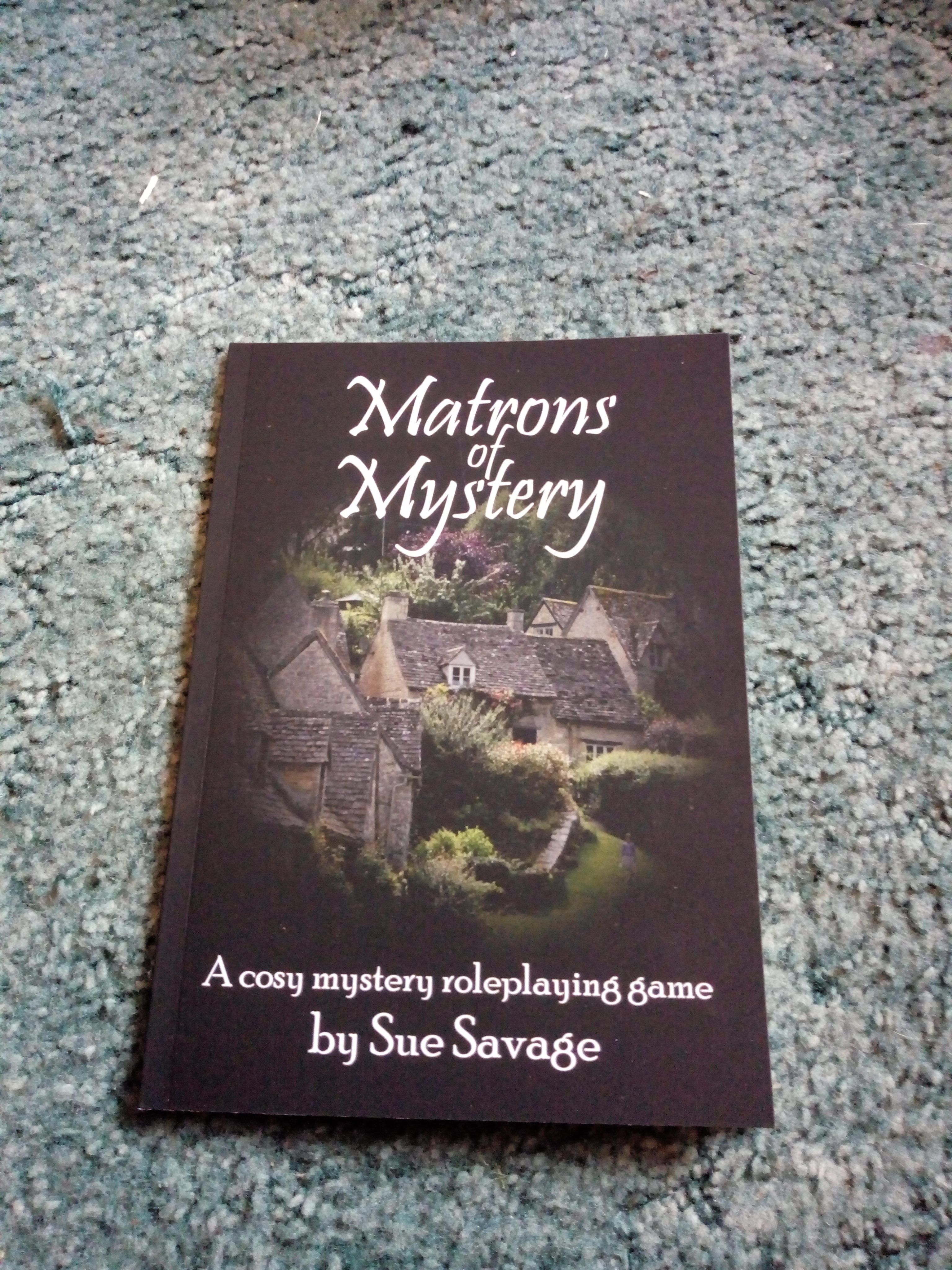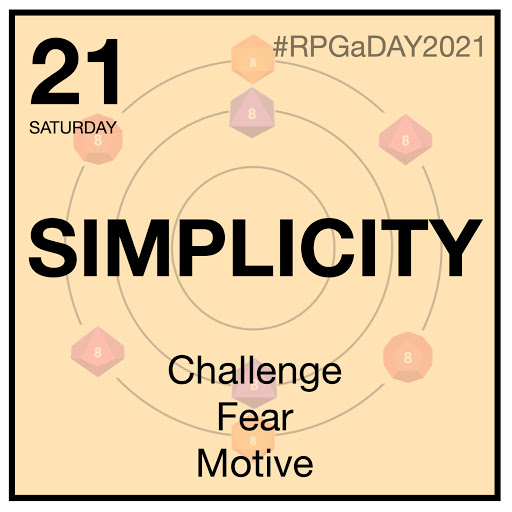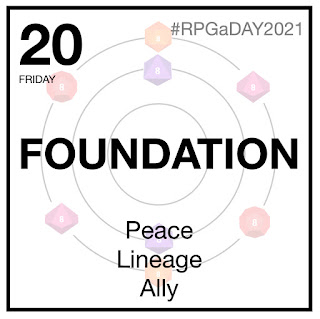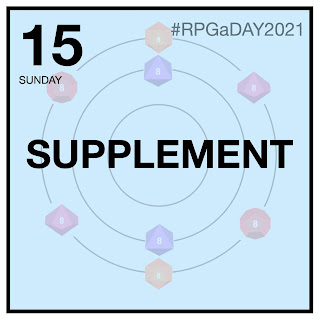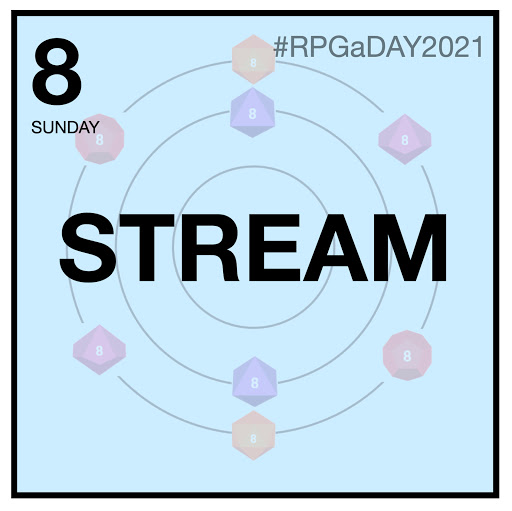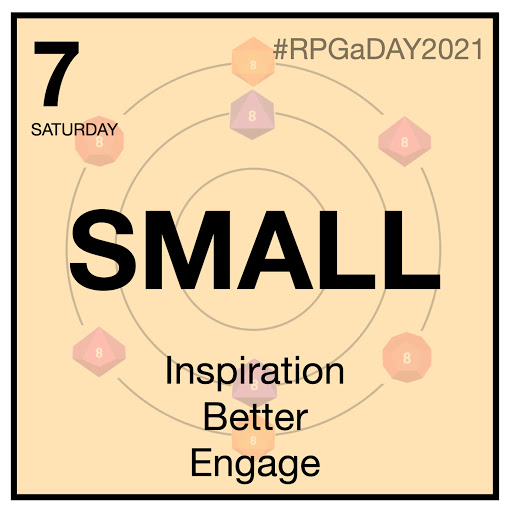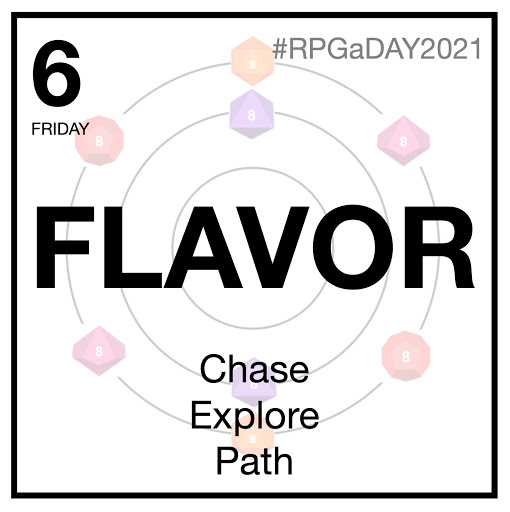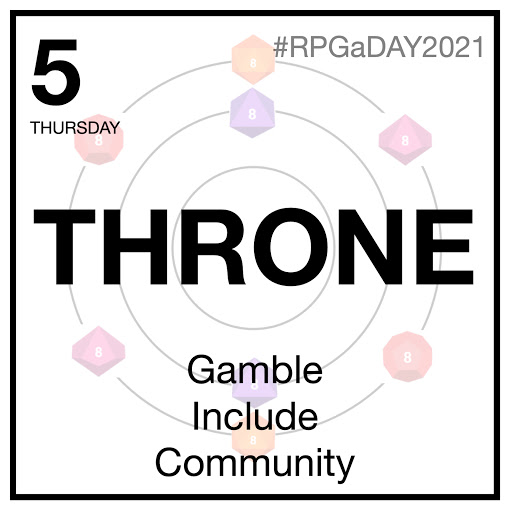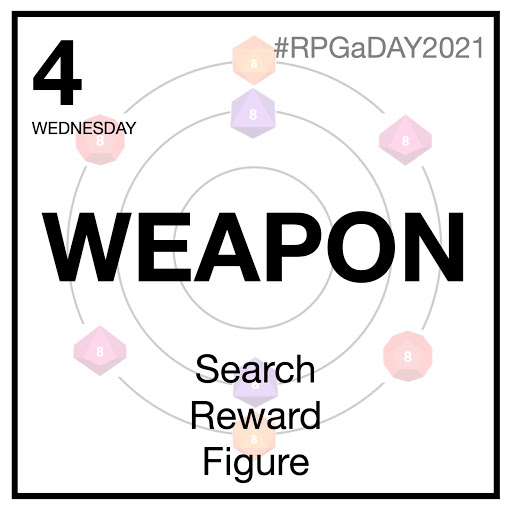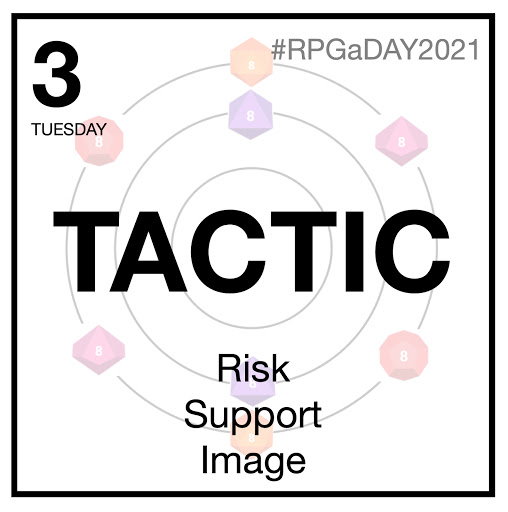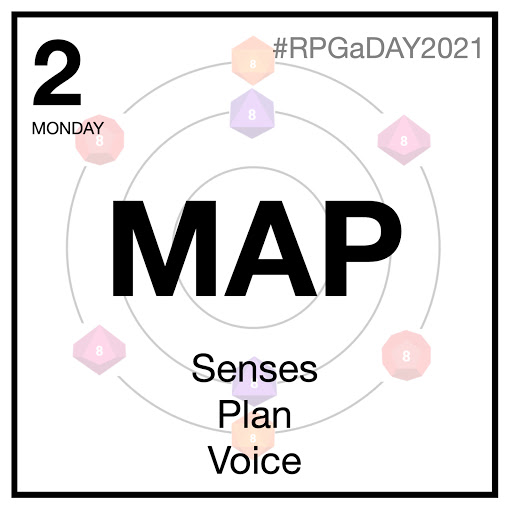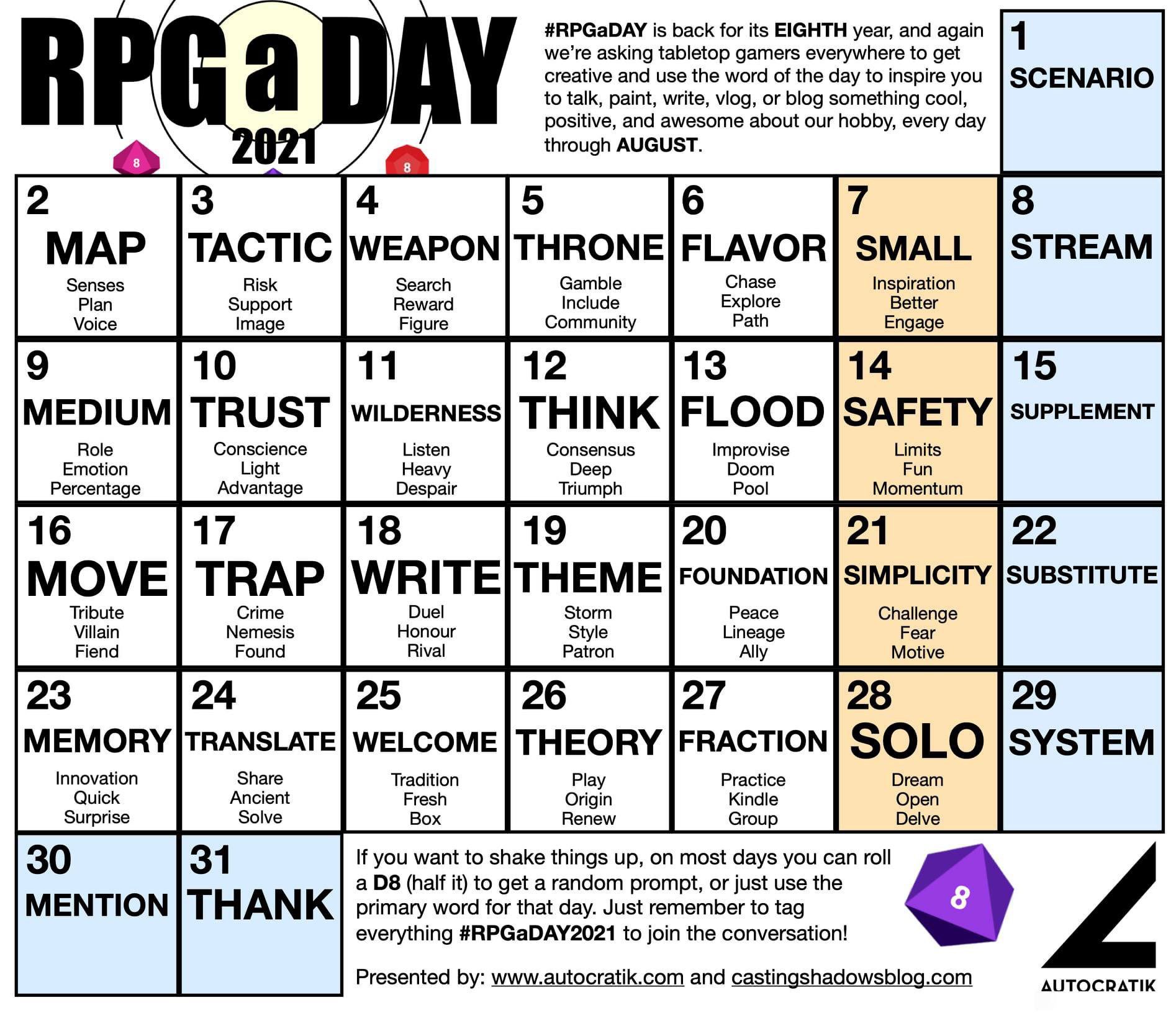I don't talk about board games as much as RPGs on here, for the simple reason that this blog started in late 2019. Many RPGs work well online. Board games, not so much, at least without spending money. Accordingly, I haven't played many recently. But last week I did venture outside briefly for a friend's birthday, to play Twlight Imperium.
I tend to think of board games as coming in three categories. First there's the classic, 'family' games that people who aren't board gamers play. Things like Cluedo, Scrabble and Monopoly. There's nothing wrong with these games (except Monopoly, there's a lot wrong with that) and I always enjoy the family games of Trivial Pursuit at Christmas. Or did, pre-covid.
Then there's the board gamers' board games. The kind of thing you'll find in the trade halls at UKGE and Spiel. Things like Ticket To Ride, Pandemic and Dominion. The kind of thing I liked to play when I was regularly playing board games.
And then there's the big ones. Games where you can't just say 'fancy a game?' after dinner, or rock up at the board game club with it in a bag. These games need planning. You need a committed group of people, a long period of time set aside for play, and substantial table space.
Of these games, Eldritch Horror is the one I'm most familiar with, requiring the whole of my six person dining table and often spilling over onto side tables, and at least four hours for a 3-4 person game. But even Eldritch Horror is dwarfed by the monstrosity that is Twilight Imperium.
Before I even got to the game, I had some homework to do. Fortunately one of our hosts is something of an expert, and provided a handy video:
Factions were selected via a random draw. Having no particular idea what any of my options meant, I went for the Arborek, because plant people are fun.
I arrived at my friends' house to find their table almost completely covered. From past D&D games I know that table will fit ten people at a push. There were six of us playing, with just enough room for some drinks in addition to the game components. This is not a game I will be buying, simply because I do not have a sufficiently large room in my house to hold the size of table required for this game without removing all other furniture.
We sat down, chose starting locations, then switched seats so that we were all sitting near our home systems. And the game began. And while some aspects were confusing, like how production works, it rapidly became clear that the actual turn structure of the game is very clear. Pick strategy cards going round the table, starting with whoever has the speaker token, then take actions in the order of the numbers on the strategy cards. To begin with I was a little unclear on how exactly actions worked, or how many rounds happened during the strategy phase, but by the end of the first phase I had it figured out and was prepared for rather more effective play.
Taking a full phase to actually figure out how to play would have been a massive disadvantage, if it wasn't for the fact that most of the group were fellow beginners and took about as long to work out what was going on as I did. As it was, we remained fairly even, and at the point where the one resident expert crushed us all as expected, we were all pretty close together on the victory point track.
It's clear that the faction you play significantly affects the game. The Arborek's unique feature is that they can't produce infantry in their space dock, but can produce them from other infantry. Once I had that part of the game figured out it was clear that my best strategy was to swarm all over the galaxy, dropping infantry on every available planet and build up and build up. My infestation served me well; I ended the game on six victory points, and was on the point of achieving nine, had the resident expert not ended the game just before we had the chance to achieve more objectives.
I'd heard this game takes a long time to play. No kidding. We played for nearly twelve hours. Twelve hours. But twelve hours that flew by, without a moment of boredom, with only brief pauses to keep ourselves fed and watered.
I have one criticism of the game, and that is that it's a tricky one to socialise around, simply because it's so physically big and requires so much attention. One of the other players was someone I know on Twitter but was meeting in person for the first time. I still don't really feel like we've properly met, because he had the furthest away seat at the table and interaction was minimal.
That said...
It's the biggest of the big board games. It requires space, time and organisation. It requires doing homework in advance if you're playing for the first time. But it's completely worth it to play this incredible game.
